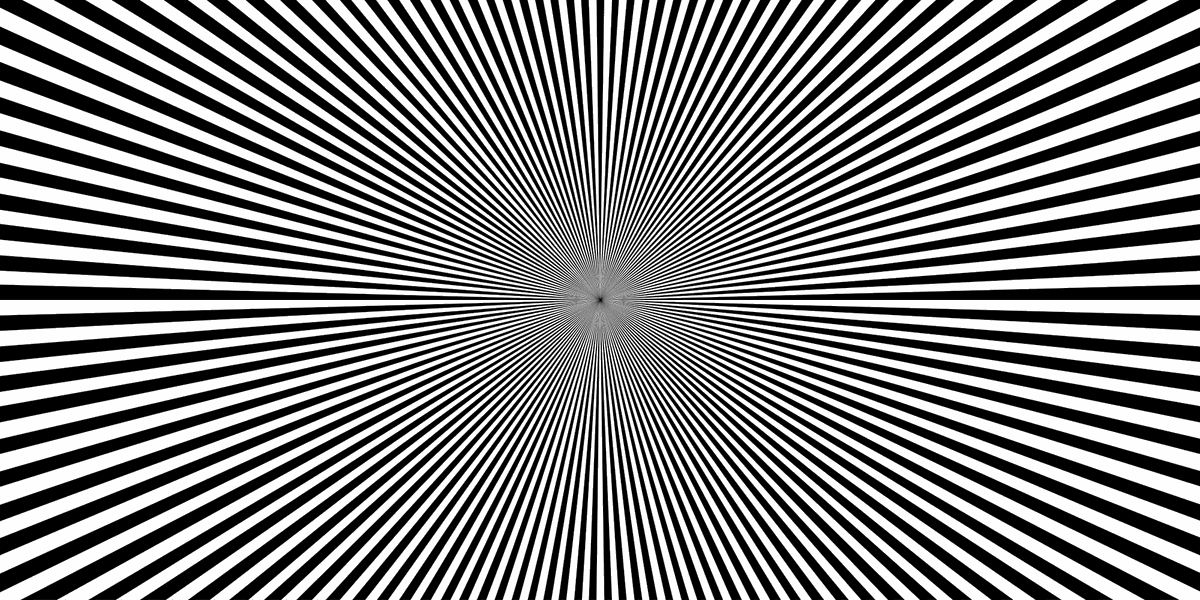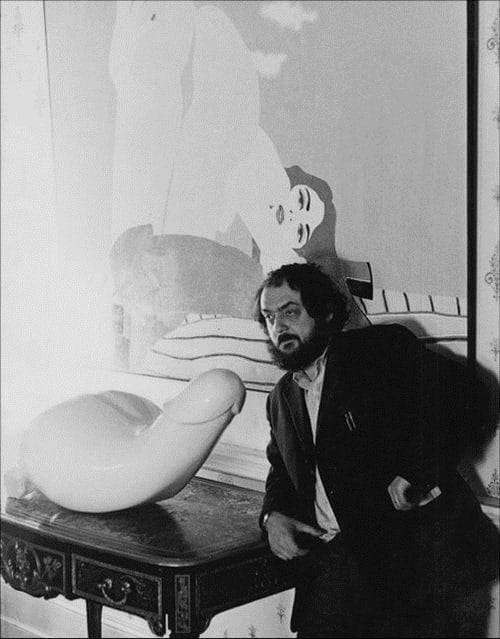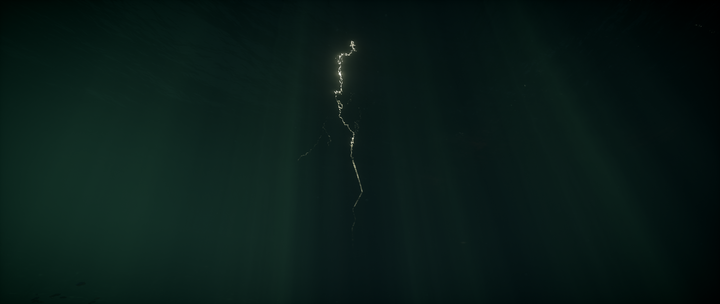⑥ indirect proof of the unity of the executive functions we associate with the subject, ego or self

I'm going to start with a long quote from Bergson but only pick out one or two threads to follow briefly: [from Nancy Margaret Paul and W. Scott Palmer's translation, Zone Books, NY, 1991. Online edition, at p.56, may differ.]
This is to say that my present consists in the consciousness I have of my body. Having extension in space, my body experiences sensations and at the same time executes movements. Sensations and movements being localized at determined points of this extended body, there can only be, at a given moment, a single system of movements and sensations. That is why my present appears to me to be a thing absolutely determined, and contrasting with my past. Situated between the matter which influences it and that on which it has influence, my body is a center of action, the place where impressions received choose intelligently the path they will follow to transform themselves into movements accomplished. Thus it, indeed, represents the actual state of my becoming, that part of my duration which is in process of growth. More generally, in that continuity of becoming which is reality itself, the present moment is constituted by the quasi-instantaneous section effected by our perception in the flowing mass, and this section is precisely that which we call the material world. Our body occupies its center; it is, in this material world, that part of which we directly feel the flux; in its actual state the actuality of our present lies. If matter, so far as extended in space, is to be defined (as we believe it must) as a present which is always beginning again, inversely, our present is the very materiality of our existence, that is to say, a system of sensations and movements and nothing else. And this system is determined, unique for each moment of duration, just because sensations and movements occupy space, and because there cannot be in the same place several things at the same time.
I have broken off at the question, curtailed the quote, to draw attention to it being secondary and detracting, in adding a somewhat taunting quality, from the passage: "Why is it that it has been possible to misunderstand to misunderstand so simple, so self-evident a truth, one which is, moreover, the very idea of common sense?" The answer will be different now from when it was asked, the common sense idea being exactly what has changed, I hear this question as historicising, bearing on when Bergson was writing and bringing the weight of historicity to bear on it. This, when I spoke in ⑤ of a distorting layer having intervened with time on our understanding of Bergson, is exactly what I meant.
Existence is not the issue here. The existence of that which we call our self, ego or, that which assumed to exist through its predicate I am, the existence of the subject, is not at issue, while its unity is the thread I am following, suggested by that small word, single: a single system. Let's suspend what the single system comprises and consider what it means for the present to bring about its unity, not its existence but, albeit indirectly, its unity. And note also it's not the other way around: my unity is not responsible for the present I perceive. In fact, I am not, but the system determines the appearance of the unity of the present.
System and present correspond. On one side there is unity and on the other determination. The determination of the present as absolutely unique and singular appears and my unity results. (Of course, this does tend to indicate what's in the system, that it is equally perceptual attribute and the accumulated sensation of being perceptual attribute (see ⓪).)
If we are not unpacking the system, how does its unity result? It doesn't result directly from the determination of the present; the proof for its unity results indirectly, from the present in time. Even if we look for the reason we experience ourselves as more-or-less unified fields to the present having a unity all of its own and uniquely determined in the course of time, we are looking in the wrong direction. And to say they correspond is perhaps misleading, since there is no correlation. The present is only more generally determined, but fully determined, as being absolutely unique in time, whereas we are distinct cases of what is in time. Moreover, I am not the unity behind this appearance of unity on the part of the present, except on this more general level.
On this more general level is where Bergson asserts a quasi-instantaneous section in the flux of time, which we might call our knowledge of the material world. In other words, here is the difference between ontology and epistemology, the material world of the fully determined present is an epistemological reality, the unity each of us has—as a living being it is from life*—is an ontological reality. Our participation in the material world does not give this ontological status, neither is that status a function of material being, nor is the material world's existence, even in the time in which the quasi-instantaneous section is taken, proof we materially exist. Again, this puts it around the wrong way. Instead we are the unities we have in time.
Our unity being temporal goes some way to shifting the emphasis Bergson makes, the other word that pops out at us, away from determination. Any actuality actualised will be determined. The point being made about virtual images, in ⑤, is that of sensation (and we might say here knowledge) not yet being actualised until, when recalled, it is perceived; in turn, and again it should be noted, no resemblance, no correlation between one and the other: as Bergson says, to picture is not to remember. (55) We are as unities only determined, somewhat like monads, when we are—and Bergson might say the same thing of our images—fully actualised.
Getting in the way of our full agreement with Bergson is, 1) that cinematic images are fully actualised, and 2) that they render every absolutely unique present capable of replication. We might draw from this the conclusion that 3) from cinematic imagery, from this sort of contingent, technological imagery, we are able to synthesise temporal unity. Making cinema all about the present is, writes Deleuze in Cinema 2, a big mistake, I don't think he had this in mind, since this is what we do all the time, from it we can form the synthetic unity of a double: another who has the function of a subject, a self, an ego, an I, but none of its powers.
footnote:
*or a life. See Deleuze, "Immanence: A Life," both on this point and on that made at the end of this entry, see note 1. "Immanence: A Life"


